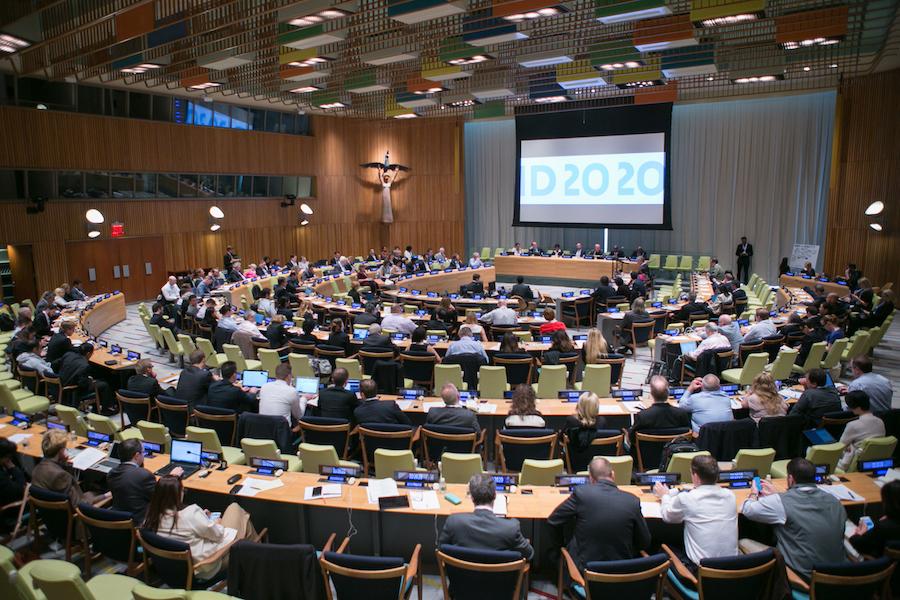Industry travel initiative formed to digitalize health certificates

A cross section of travel, technology and health organizations are cooperating in an initiative to create a blueprint for interoperable digital health pass systems that are privacy protected, user controlled and universally accepted for international travel and more.
Known as the ID2020 Good Health Collaborative, the group—which includes more than 35 partners such as Airports Council International, the Commons Project, the International Chamber of Commerce (ICC) and CLEAR—has launched the Good Health Pass Collaborative.
ID2020 seeks to replace paper-based COVID-19 test documents with digital credentials that can be securely stored on a mobile phone and are less susceptible to fraud.
Announcing the initiative, ID2020 partners said the Good Health Pass Collaborative was “not intended to supplant existing efforts, but rather to help weave them together, fill gaps where they may exist, and facilitate collaboration among a new ecosystem of stakeholders, many of whom have never worked together before.”
ID executive director Dakota Gruener said, “We’re already seeing countries around the world that are asking for proof of testing as a condition of entry, and airlines and others are trying to roll out similar programs. But there is a risk in this. The first is the risk around privacy. We need to ensure that how an individual shares their data is privacy protecting.”
But she said the second risk is one of fragmentation and utilization. “If you know an individual is issued a health pass that they can’t use anywhere, it has little utility to them. Where we think we were heading, perhaps, was a world where there were multiple different implementations of these health passes, without the necessary guardrails in place around some of them for privacy and without the necessary standards in place around all of them to ensure interoperability and, and utilities sort of wherever people might be.”
The Good Health Pass Collaborative has defined four primary requirements that digital health credential systems for international travel must satisfy:
• Cross-border: Solutions must work at airports, airlines, ports-of-call and borders worldwide, and comply with international and local regulations.
• Cross-industry: Solutions will require the collaboration of the travel, health, governments and technology sectors.
• Secure and privacy-protecting: Solutions must comply with all relevant security, privacy and data protection regulations, and must be able to bind the presenter of the credential to the credential itself at the required level of assurance.
• Frictionless: Solutions must seamlessly integrate into testing and travel processes and ideally, validation processes will be contactless.
IATA, which is approaching the roll out of its first full pilot of its Travel Pass digitized travel health system, told ATW: “We welcome the effort of technology providers to develop open standards like verifiable credentials and decentralized identifiers that offer an opportunity to meet the many challenges of today’s digital world. However, we believe the optimal approach is to work with the institutions that develop these standards directly such as ICAO, which is responsible for developing global standards for aviation and WHO [World Health Organization], which is responsible for health accreditation standards, such as vaccine certificates.”
Other ID2020 partners include such companies as IBM, SITA and biometrics and identity assurance software company Daon, among others.
The initiative did not respond to a query from ATW on how the initiative is being funded or how any industry trials might work.


